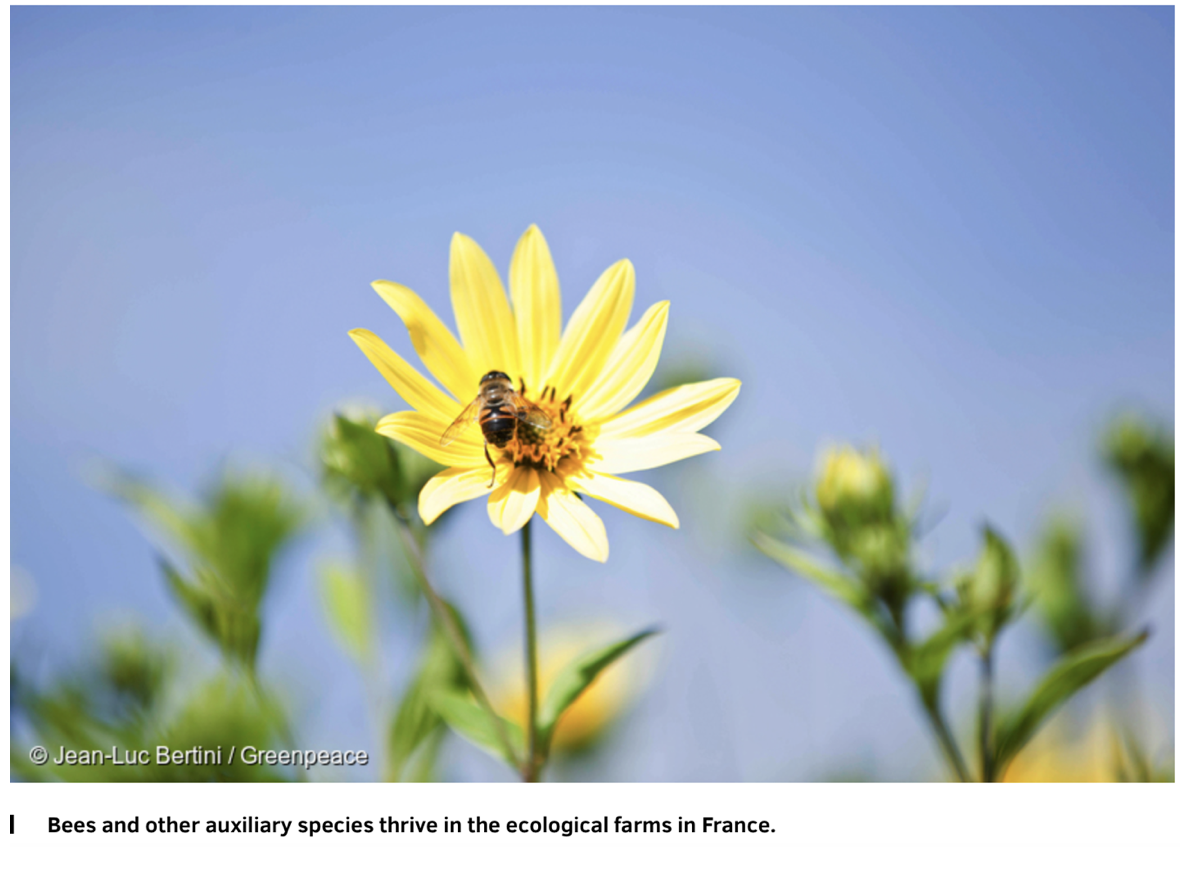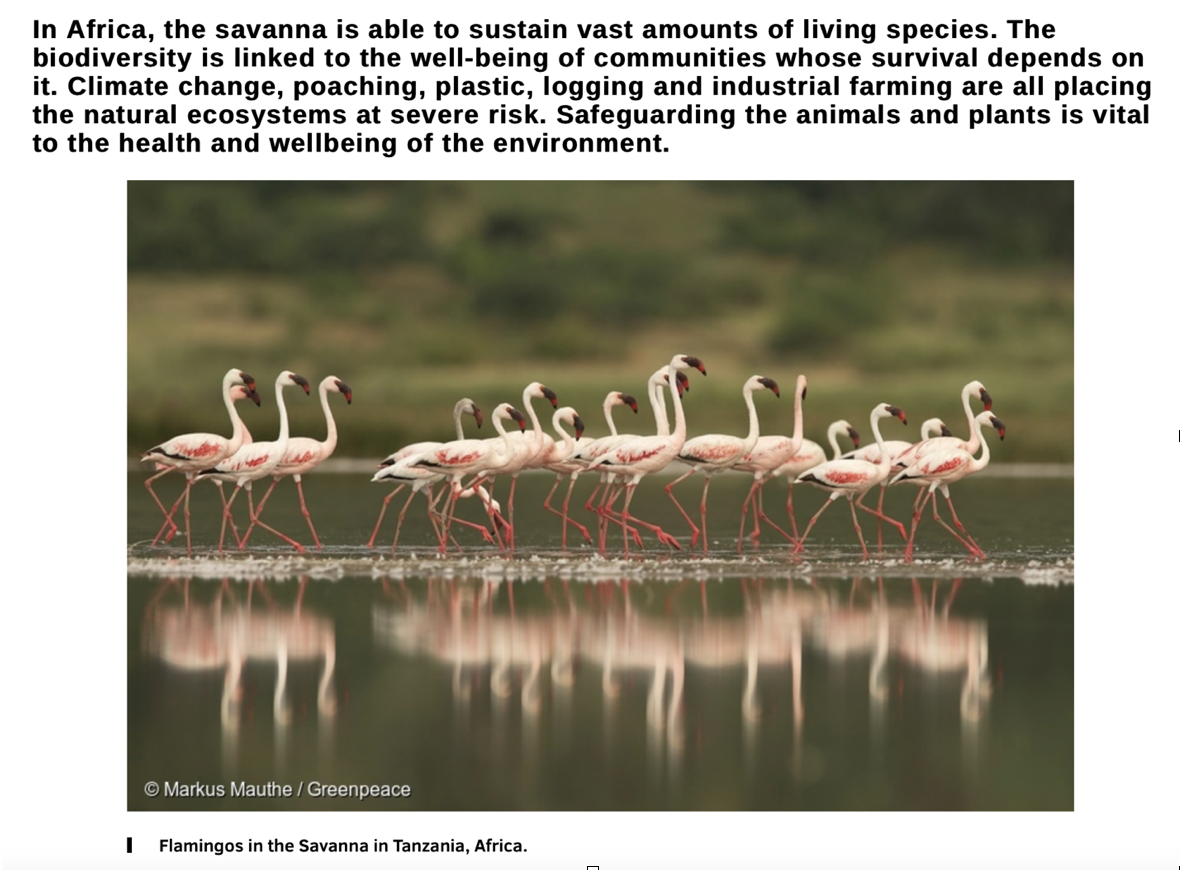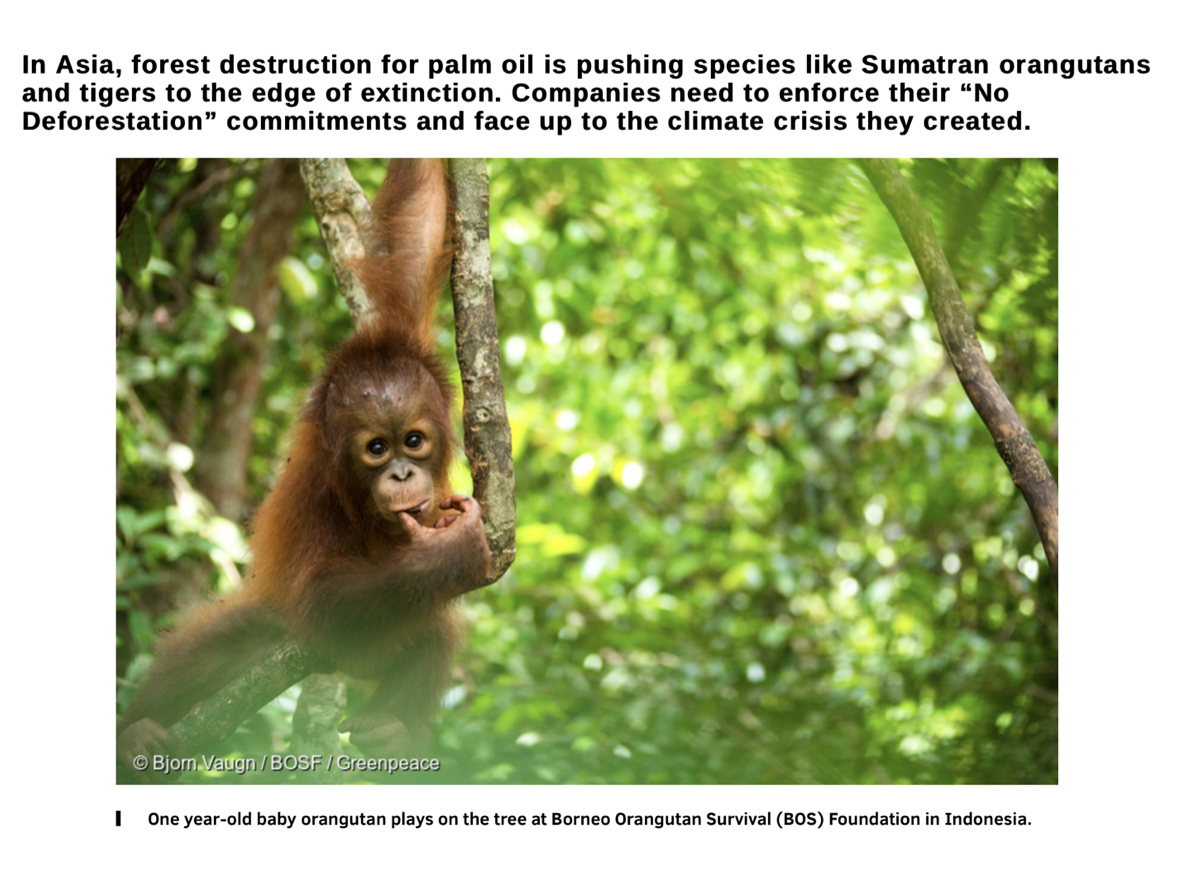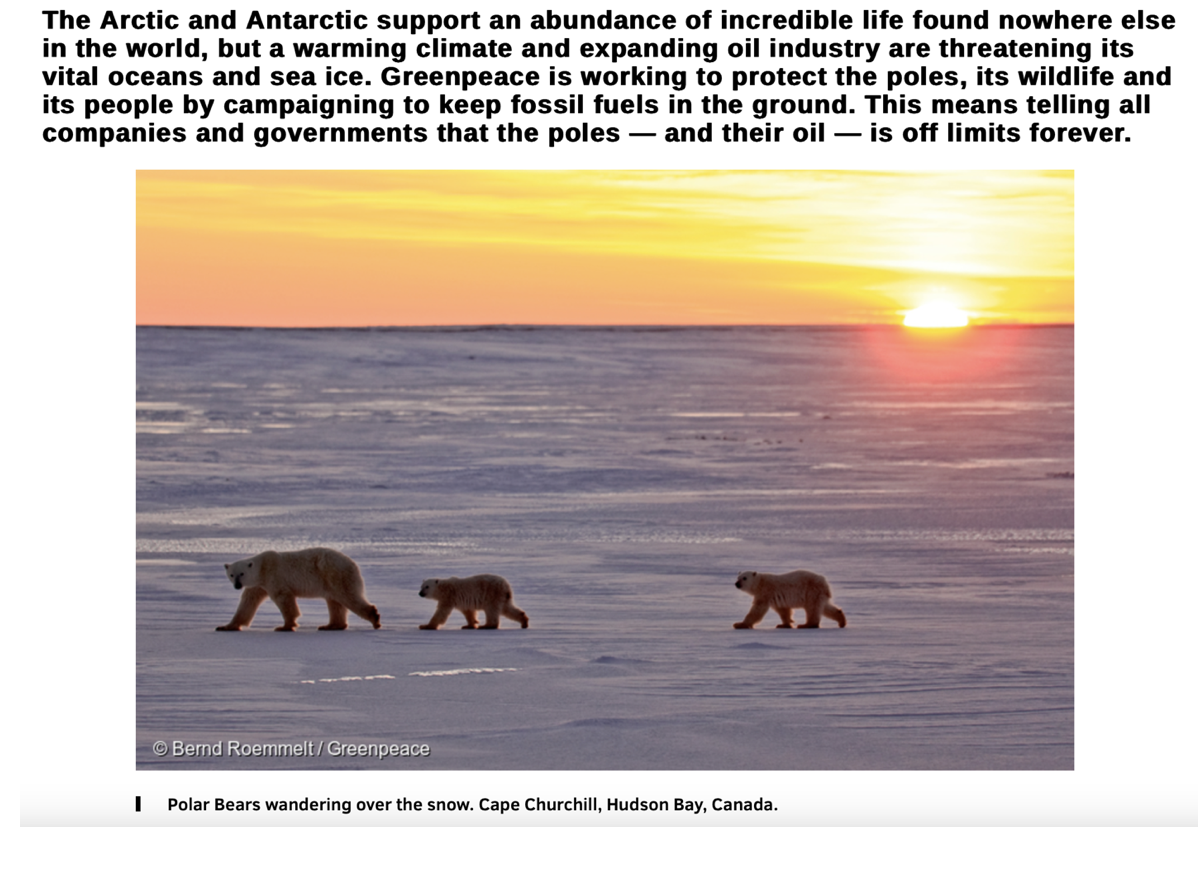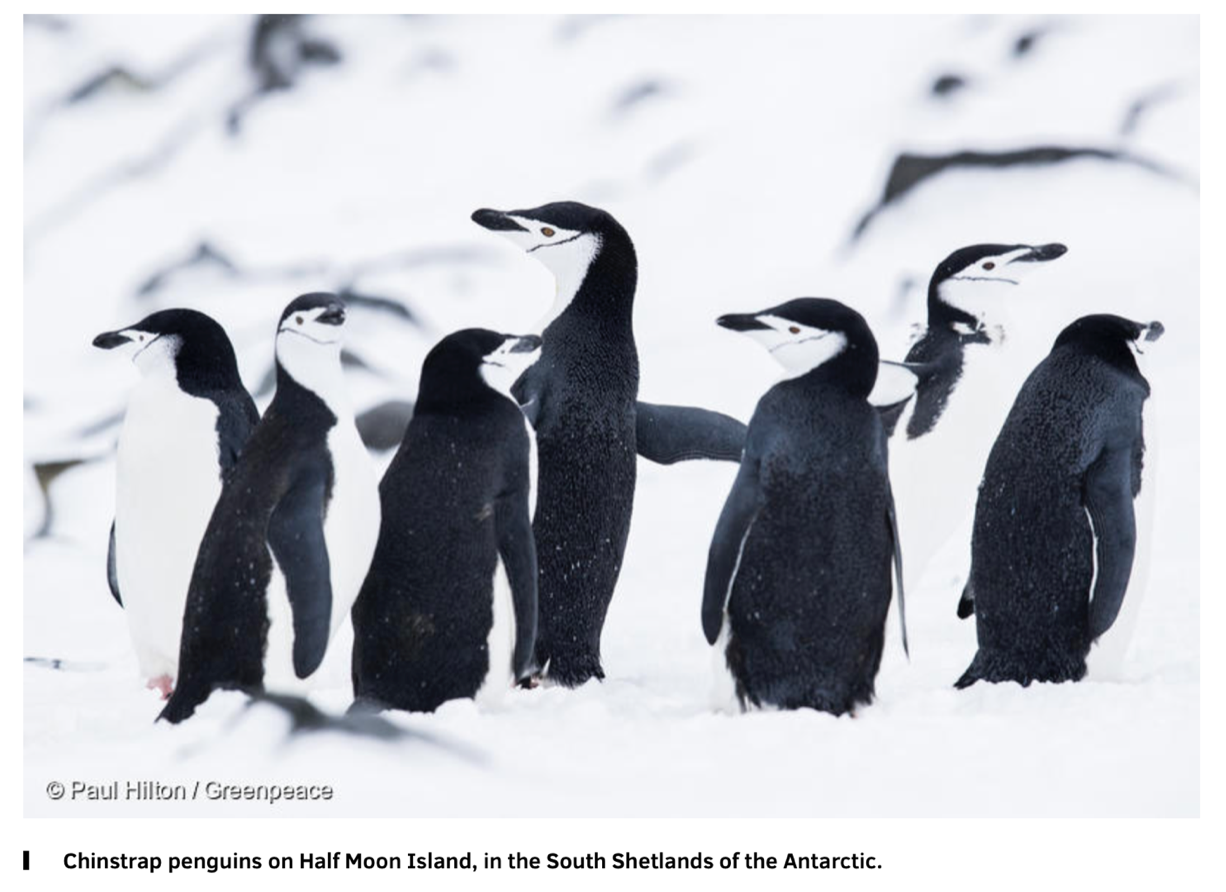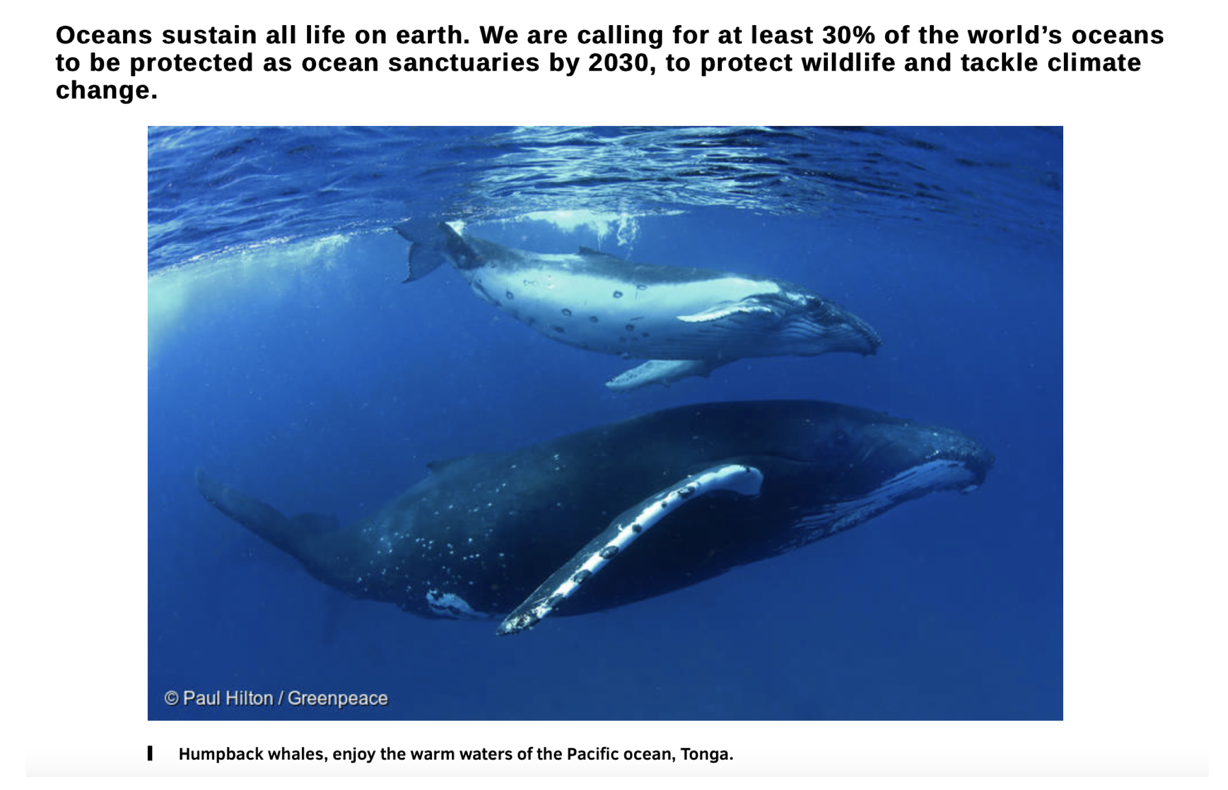May 24, 2024

(MAY 22ND WAS WORLD BIODIVERSITY DAY)
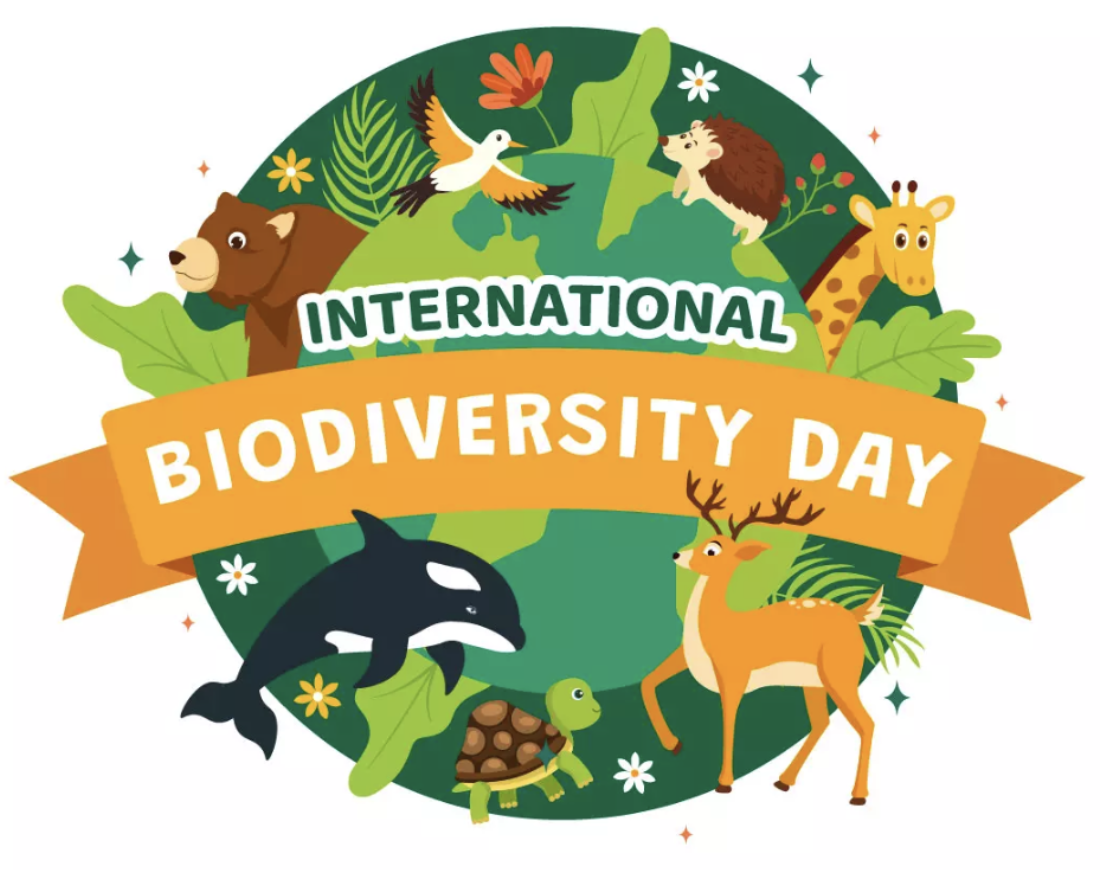
May 24, 2024
Hello everyone,
On Wednesday – the International Day for Biological Diversity – the International Union for the Conservation of Nature released a report that found that more than half of the world’s mangrove ecosystems are at risk of collapse due to development, pollution, and sea level rise, the latest evidence of the growing threat to nature. The United Nations Environment Programme has called for a ‘whole of society approach,’ including the private sector, to address both climate change and biodiversity loss.
While there are thousands of companies around the world that are taking action to monitor, disclose, and reduce greenhouse gas emissions, few widespread mechanisms are in place to systematically measure and reduce business impacts on nature.
So, what are businesses doing to reduce other harms to nature?
It’s not just about the half a dozen or so gases that we measure in terms of greenhouse gases. The rest of nature also needs attention.
The Taskforce on Nature-related Financial Disclosures (TNFD) was launched in 2021 as a partnership among financial institutions, corporations, and market service providers with the goal of developing business disclosure practices that would better account for impacts on nature.
Executive Director, Tony Goldner, said the 40 task force member organizations realize that many aspects of business and industry depend on services nature provides, from clean water to the pollination of crops. The estimated economic value of these “ecosystem services.” as scientists call them, amounts to staggering sums.
Let’s consider the role of the humble insect. The U.S. Department of Agriculture said the pollination of crops adds $10 billion in benefits annually just in the U.S. Globally, pollination contributes more than $3 trillion to the world economy.
We are not looking after the insects on our planet. In fact, they are getting a raw deal. Several studies have documented sharply declining populations of insect pollinators in industrialized parts of the world, and scientists link those declines to business activities such as the conversion of natural areas for agriculture and heavy pesticide use.
Goldner points out that if we degrade the systems that provide these benefits to our businesses, those benefits won’t continue to flow into our business models.
At the World Economic Forum’s annual conference in January in Davos, Switzerland, TNFD announced its early adopter companies, and the list has since grown to some 370 companies that have committed to nature-related disclosures.
The task force is part of an emerging effort to get nature on the ledger sheets along with the other assets and liabilities companies track. Proponents argue that this is not just important for environmental improvement, it is a business imperative.
“The hard business realities of the 21st century - you must know your impacts on climate and biodiversity or risk disruption.” (Ethan Soloviev, chief innovation officer at How Good).
Cheers,
Jacquie

